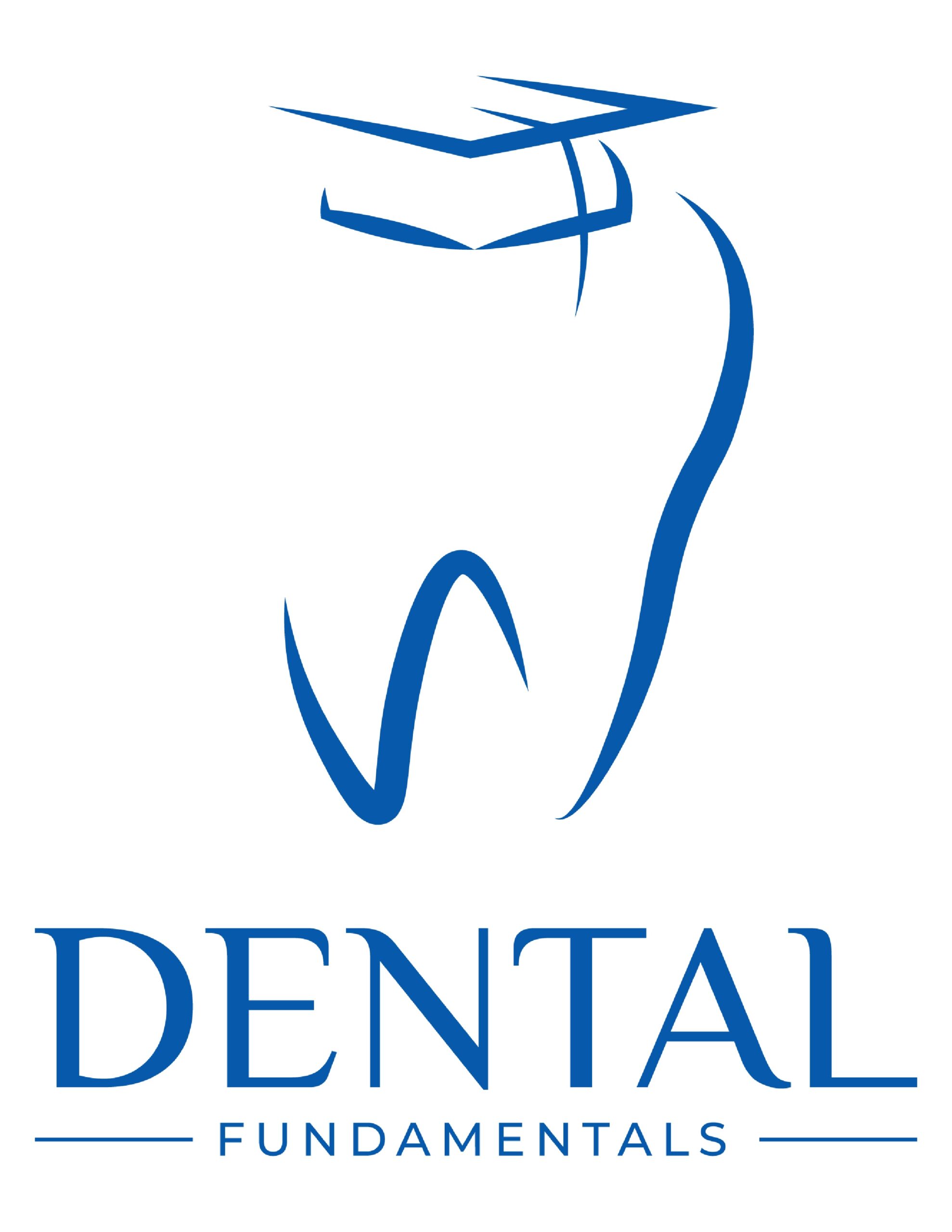Why is Flossing so Important?

Since you were a kid you’ve been told you need to brush and floss, but do you know why? Why do dentists stress flossing so much? Flossing has many oral health benefits and even a few other health benefits.
Today we’re sharing why flossing is so important and why it should definitely be part of your daily routine.
Why Floss?
Flossing removes plaque and food particles that brushing cannot. It leads to better oral health overall. A few of the major benefits of flossing include:
- Gum Health—a lack of flossing can lead to sensitive or bleeding gums and eventually worsen into gum disease. If you haven’t flossed in a while, you may experience sensitivity or even bleeding, but that should not deter you from flossing more. With time and proper flossing, you can have healthy gums again. Once gum disease starts, it’ll turn to gingivitis, and then periodontal disease. Gingivitis is reversible, but once you’ve reached the periodontal stage it’s no longer reversible. According to Oral-B, on in eight adults in the US has some form of gum disease. Prevent gum disease in your mouth with flossing. Flossing is a simple and easy way to keep your gums healthy.
- Prevent Tooth Decay—food tends to get stuck in between your teeth. When you don’t floss to remove that food, it often leads to tooth decay and cavities between your teeth. These cavities can impact multiple teeth and possibly lead to other infections.
- Better Looking Teeth—flossing will remove plaque and leave you with a brighter looking smile.
- Better Breath—flossing means removing food from between your teeth, which will lead to better breath. It will also help to prevent tooth decay, which means better-smelling breath. Get in the habit of flossing for fresher smelling breath.
How To Floss?
You should be flossing at least once a day. If you are eating certain foods that get stuck in your teeth, you may want to floss more. To floss, pull 18 to 24 inches of dental floss from the floss dispenser and wrap the ends of the floss around your index and middle fingers. Pull tight and move the floss back and forth, and up and down against the side of every tooth. Be sure to go between all teeth for effective flossing. It’s good practice to keep floss with you, in case you eat food that is prone to get caught in your teeth.
What Happens When You Don’t Floss?
When you don’t floss, you leave your teeth vulnerable to gum disease, tooth decay, and infection. Infections in the mouth promote blood clots and can slow the blood flow to your heart. They can also affect your jaw. Some studies also suggest that bacteria from the mouth can enter the bloodstream and affect your cardiovascular system.
